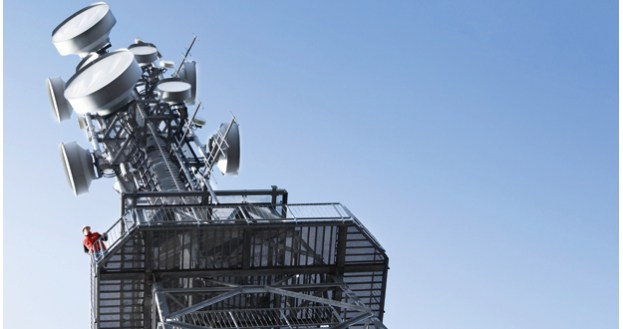 Ever since the completion of the UK’s 4G spectrum auction in February, many have been eagerly awaiting news of when Vodafone, O2, and Three will switch on their high-speed data networks. While Three quickly set about quelling anticipation by saying it was in no hurry, and that somewhere around the end of the year was its target, neither O2 or Vodafone committed to a time frame, but before summer was always a distinct possibility.
Ever since the completion of the UK’s 4G spectrum auction in February, many have been eagerly awaiting news of when Vodafone, O2, and Three will switch on their high-speed data networks. While Three quickly set about quelling anticipation by saying it was in no hurry, and that somewhere around the end of the year was its target, neither O2 or Vodafone committed to a time frame, but before summer was always a distinct possibility.
Now, Vodafone has confirmed to The Guardian it won’t be switching on its 4G service until after the summer, perhaps around September time. The network’s CEO told the newspaper, “We want to be able to launch it when it’s really ready,” before adding the end of summer will be, “A good commercial window for launching it.”
Why then and not before summer? After all, there is only one 4G network operating in the UK at the moment – run by EE – and giving it another few months of exclusivity means it’s another step closer to reaching its one million subscriber target for the year. “We’re convinced our own 4G will be better performing,” said the CEO, referring to EE’s primary use of the 1800MHz spectrum, rather than the 800MHz and 2.6Ghz spectrum obtained through the auction.
The “commercial window” to which he may be referring is the impending launch of the next generation Apple iPhone. The iPhone 5 doesn’t support the new 4G LTE frequencies in the UK, and only works on EE’s 1800MHz spectrum; however Vodafone seems to be banking on the iPhone 5S supporting them. At the moment, Vodafone lists three 4G Ready phones on its website, the Nokia Lumia 920, the BlackBerry Z10, and the Samsung Galaxy S4. A strong line-up, but one which Vodafone seems to think needs the cache of an iPhone before the big switch-on.
O2 still says its 4G service is coming in the summer, and its list of 4G phones has all the above, and also contains the HTC One, the BlackBerry Q10, the Lumia 820 and the Sony Xperia Z. It could also decide to wait for the iPhone 5S, or may take the opportunity to gain an advantage over Vodafone by launching its 4G option this side of August.
Editors' Recommendations
- Want to turn your iPhone into a Galaxy S23? This app is for you
- Everything (and we mean everything) to know about 5G on the iPhone
- Apple settles class-action lawsuit over iPhone 4S throttling
- Apple iPhone SE (2022) vs. Samsung Galaxy A52 5G
- Vivo’s V23 5G looks quite a lot like the iPhone 13




